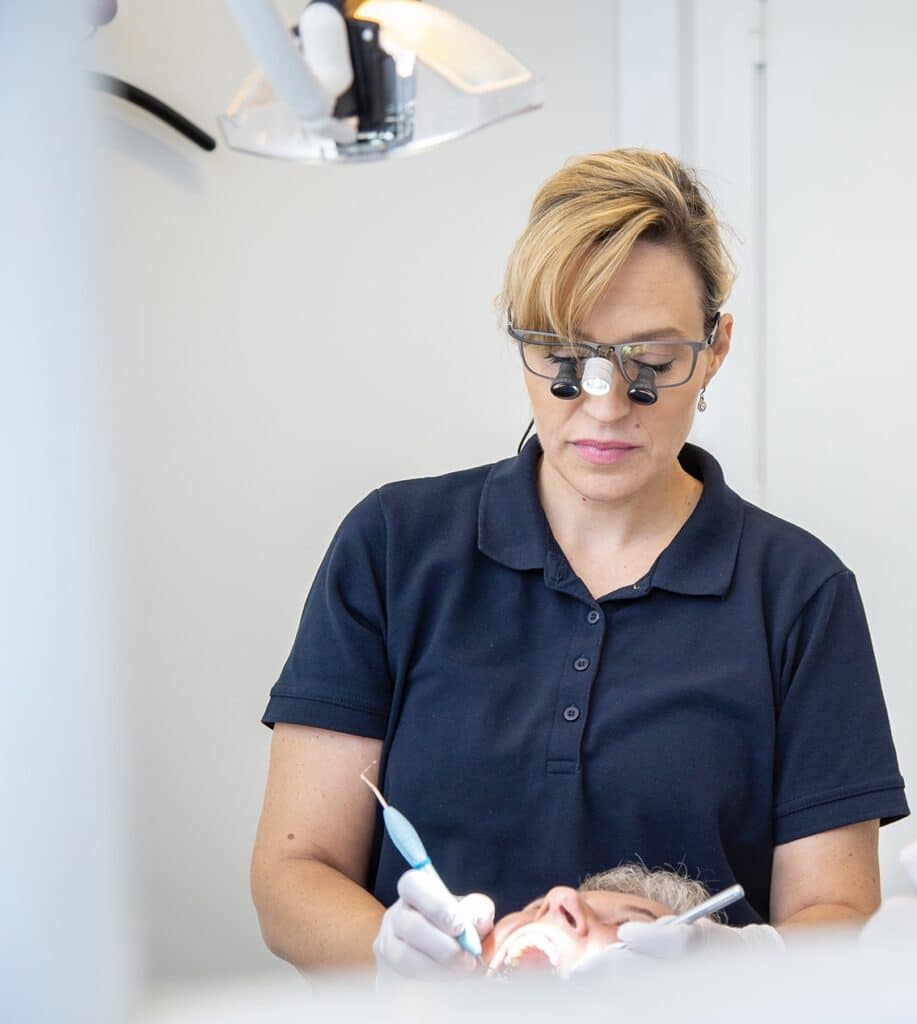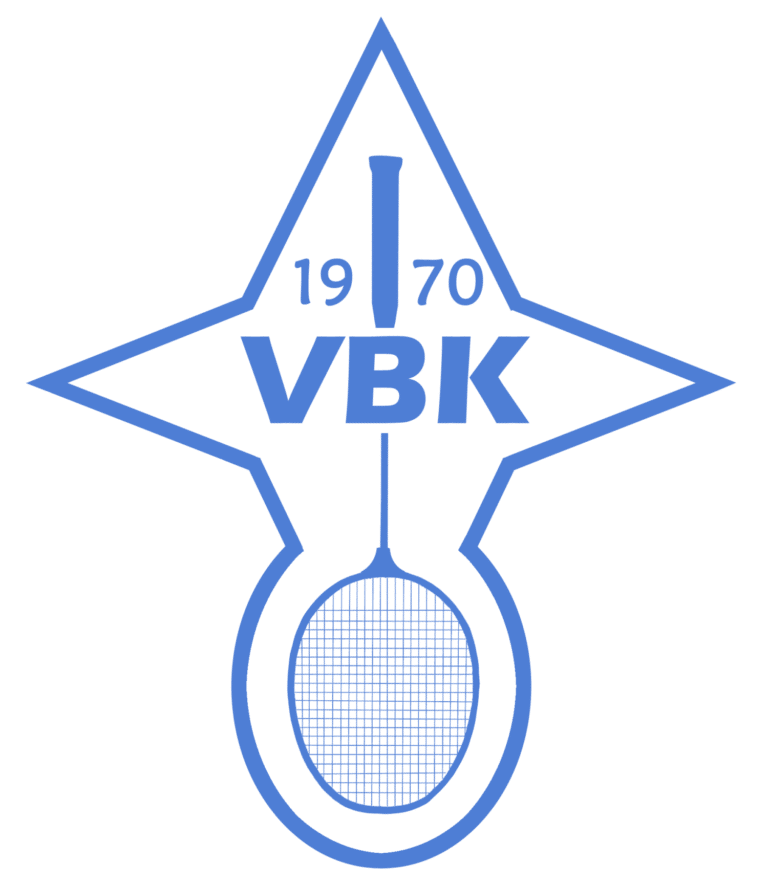NIGHTGUARDS PROTECT YOUR TEETH
Nightguards or occlusal guards are one of the best preventive treatments against damage from teeth grinding. Nightguards are also one of the best treatments for jaw- and jaw muscle pain. Nightguards are furthermore one of the best tools to prepare for a full mouth rehabilitation. There are various nightguards available, each invented to suit different purposes. It is therefore vital to know the root of the problem, implicit that the patient has the right diagnoses to begin with. A nightguard is more than a piece of plastic between your teeth. A nightguard is a medical treatment, uniquely molded to each individual set of teeth and alignment. A good quality nightguard is never made without a thorough analysis and treatment plan. In fact, the majority of the expenses you will have is for the analysis. We therefore strongly advise against buying a nightguard at a pharmacy or online. With our expertise, we can vouch that it is a hit and miss with pre-fabricated guards. Should you end up with a mouthguard that fits badly, you may at worst end up damaging your alignment and worsen an existing malocclusion.
Do you grind your teeth?
An occlusal guard is a well-known measure against grind damage. Indeed, it is even logical that as long as a piece of hard plastic separates the teeth, they cannot grind on one another. This is why a guard can be a fantastic treatment option, if you grind your teeth in your sleep.

Do you grind your teeth, clench your mastication muscles or have other teeth damaging habits, an individually adjusted guard can be a fantastic option for you.
DO YOU CLENCH YOUR TEETH?
Some patients clench their teeth instead. This strains the jaw muscles and can cause headaches. The most visible facial muscles are those in the cheeks and temples. Try touching them. Place your finger on one of the two muscles and clench your teeth slightly – you will be able to feel them bulging outward. To alleviate clenching, another type of guard is used; one that makes the muscles in cheek and temple loosen up entirely.
DO YOU EXPERIENCE TEMPOROMANDIBULAR JOINT PAIN (TMJ)?
Pain from the temporomandibular joint is often confused with ear aches. This is due to the joint being located just outside the ear canal. Try touching them. Place your fingers just outside or inside your ears, open wide and chew down. You can clearly tell how the joint is moving. You might even feel something dislocating or cracking. This is a small cartilage disc moving. You might even feel something dislocating or cracking. This is a small cartilage disc moving. This disc acts like a suspension in the jaw – just like the meniscus in your knee. If the meniscus in the knee joint is strained, it presses down on the nerves and cause pain. We can help mending such a pain. Yet another type of mouthguard will be used; one that divides the amount of pressure out on each teeth and levels out the strain on your jaw.
Do you need a full mouth rehabilitation?
In this case an occlusal guard might play a part in the treatment, as a way to find the best alignment that gives the right balance before we complete a large scale treatment. We could also opt to include a guard in the final stages of an extensive rehabilitation, in order to protect the new plastic- or porcelain crowns on the teeth. This solution typically benefits patients who are unable to quit the habit of clenching or grinding teeth and would like to avoid a repetition of past injuries and problems.




